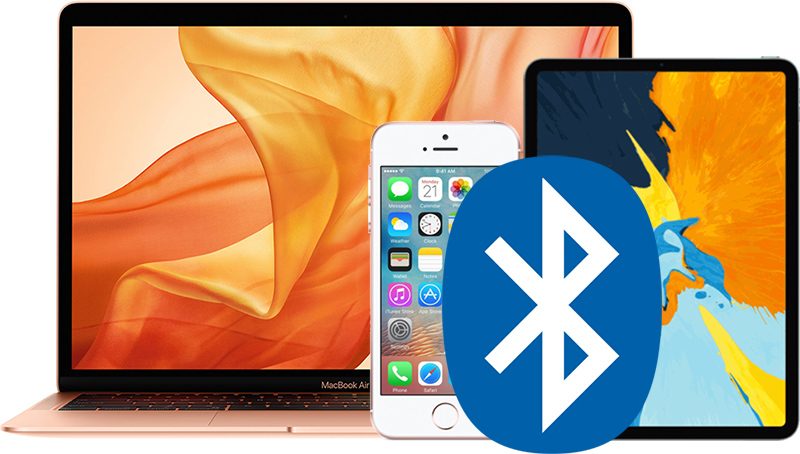 1817
1817
 2019-07-19
2019-07-19
A security vulnerability in the Bluetooth communication protocol has the potential to allow malicious actors to track and identify devices from Apple and Microsoft, according to new research from Boston University that was highlighted by ZDNet.
Apple devices including Macs, iPhones, iPads, and the Apple Watch are impacted, as are Microsoft tablets and laptops. Android devices are not affected. 
As outlined in the research paper [PDF], Bluetooth devices use public channels to announce their presence to other devices.
To prevent tracking, most devices broadcast a randomized address that periodically changes rather than a Media Access Control (MAC) address, but the researchers have found that it is possible to extract identifying tokens that allow a device to be tracked even when this randomized address changes by exploiting the address-carryover algorithm.
We present an online algorithm called the address-carryover algorithm, which exploits the fact that identifying tokens and the random address do not change in sync, to continuously track a device despite implementing anonymization measures. To our knowledge, this approach affects all Windows 10, iOS, and macOS devices.
The algorithm does not require message decryption or breaking Bluetooth security in any way, as it is based entirely on public, unencrypted advertising traffic.
The tracking method explained in the research paper has the potential to allow for an identity-exposing attack that allows for "permanent, non-continuous tracking," plus an iOS side-channel that "allows insights into user activity."
iOS or macOS devices have two identifying tokens (nearby, handoff) which change in different intervals. In many cases, the values of the identifying tokens change in sync with the address. However, in some cases the token change does not happen in the same moment, which allows the carry-over algorithm to identify the next random address.
Android devices do not use the same advertising approach as Microsoft and Apple, and are immune to the data tracking methods used by the researchers.
It's not clear if the method described has been used by any bad actors for the purpose of tracking Apple devices using Bluetooth, but it would be undetectable as it does not require breaking Bluetooth security. The research paper contains several recommendations on how to mitigate the tracking vulnerability, and Apple is often quick to patch any security issues that come up, so we could see a fix for this problem in the near future.
Source: MacRumors